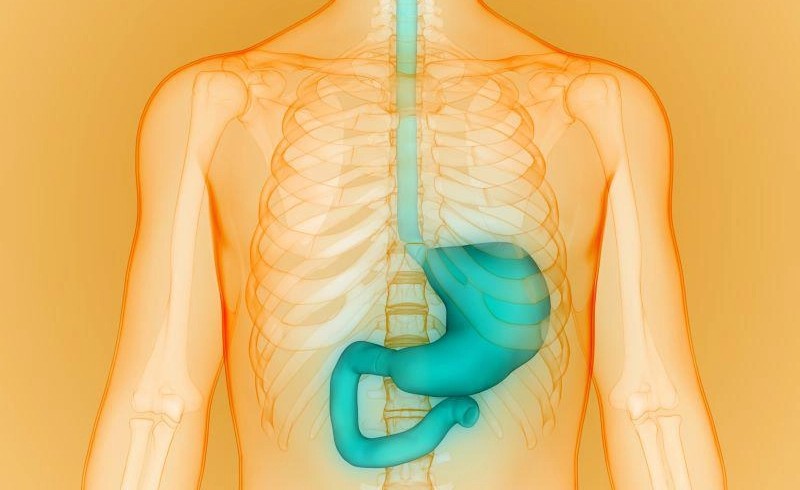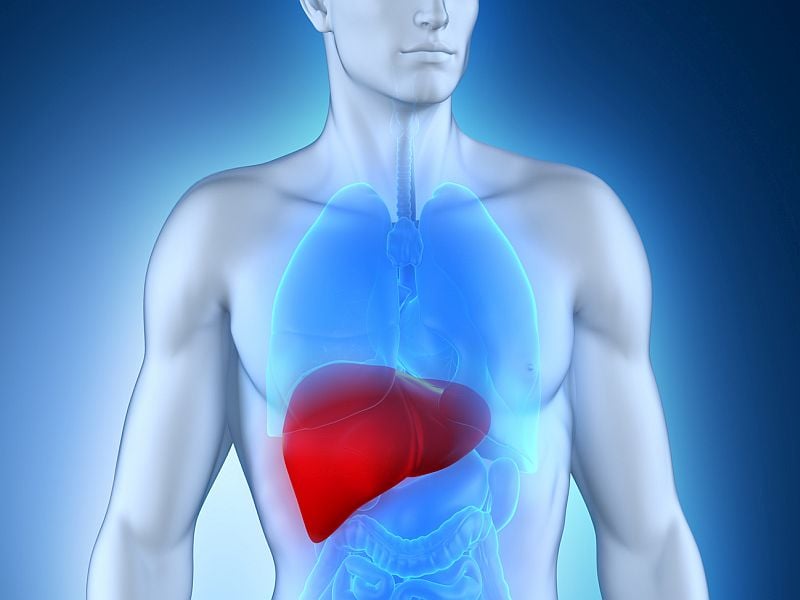
An experimental procedure could reduce levels of a hunger-triggering hormone by burning part of a person’s stomach lining, a new study reports. In the procedure, doctors snake a tube down the patient’s throat with a tiny device that singes the lining of the upper portion of the stomach, also called the gastric fundus. That’s the… read on > read on >






























